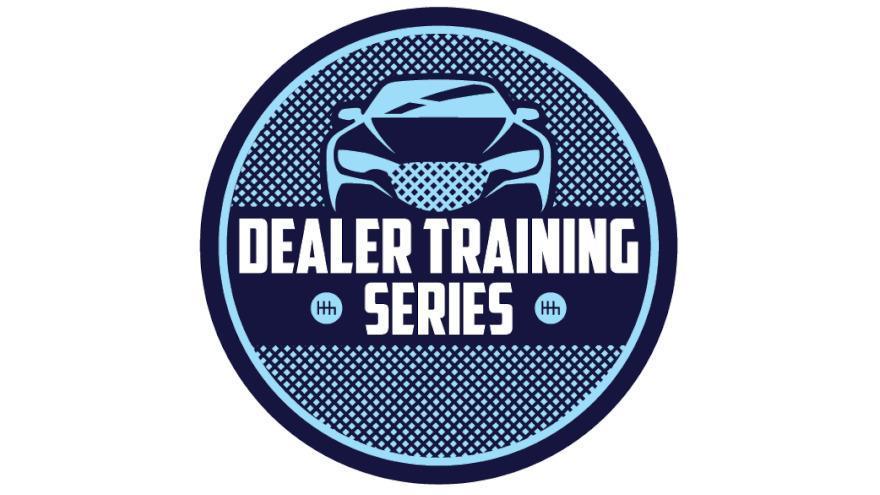COMMENTARY: Kill the scripts, ditch the hype, embrace the skills

By subscribing, you agree to receive communications from Auto Remarketing and our partners in accordance with our Privacy Policy. We may share your information with select partners and sponsors who may contact you about their products and services. You may unsubscribe at any time.
There’s nothing magical or mysterious about selling. No secret handshake. No sure-fire script. No abracadabra. It’s a professional skill that can be learned and improved upon regularly. We classify the process of developing the skills necessary to succeed as “training.”
But first, a warning.
All training theories and approaches are not equal. On March 31 of this year, for instance, an automotive trainer posted a video claiming the secret to her great sales success was her boundless energy — it was about shaking lots of hands and kissing babies. On that same day, a different trainer posted what he claims were the 20 most impactful scripts for outbound calls ever created and almost all of them looking familiar from 20 years ago.
So, which path should you follow: energizer bunny or rote memorization?
Before I suggest an answer, let’s go back to school for a moment and wrap context around these two opposing theories. If a teacher said the reason your child would do well in math class was because of his or her energy, would you consider that a useful learning style? Or, if that same teacher handed out scripts and told your child to memorize the scripts before talking to someone, would that make your child a better conversationalist?
The strategy and psychology of how adults learn is based on neither energy nor memorization. And it’s time to stop the madness. I believe dealers — and their employees — deserve better training options. The best place to start? Kill your sales scripts before they kill your business.
Subscribe to Auto Remarketing to stay informed and stay ahead.
By subscribing, you agree to receive communications from Auto Remarketing and our partners in accordance with our Privacy Policy. We may share your information with select partners and sponsors who may contact you about their products and services. You may unsubscribe at any time.
Five sales principles you must follow
Car dealerships are process-oriented places, from the 10 steps to a sale, to the order in which you do a walkaround with a prospect. So, ask yourself, is your dealership following these five key principles of selling that make any process work?
1. Build trust, credibility and relationship through understanding people
2. Learn a prospect’s needs and motivations by asking great questions
3. Tailor product value to these needs and motivations
4. Build next steps in the sales process and know how to respond to any resistance;
5. Build lifetime value with the customer by keeping it personal.
Customers can be a mystery unless you know what to look for whether you are emailing, talking on a phone call, texting or in person. In today’s increasingly modern/digital environment, knowing how to read people and adjust to them is not negotiable. Ninety-one percent of customers say trust and credibility are tied with competitive price in their decision process – training on how to build trust is not negotiable either.
Part of building trust is when you teach your people the power of asking great questions, such as ones that are reverse engineered to uncover high value needs and motivations. Show them how to use questions on a phone up or an outbound call to an internet lead. Know the right words to get your prospect talking, so you show you care and so you can provide the right information. And pay close attention. You’re never going to sell to a customer who senses you’re not listening.
Tailor your sales presentation to each prospect. Don’t narrate a walkaround with memorized feature-benefit nonsense that the prospect may not care about. If you’ve been paying attention, the customer has probably already told you what’s most important. Remember, three people may choose your nicest SUV, but for different reasons. Your mission is to uncover those reasons for each prospect. Sales is not a one-size-fits-all conversation.
There’s also the modern retailing reality that more customers than before demo with a mask on and without a salesperson. The days of “buy and drive home now” need to move to know how to build next steps and keep moving forward, whether on the phone, texting, emailing or at the store. Your skilled sales force should be well-trained in modern strategy for what happens when someone says no — frictionless doesn’t mean they quit.
Establishing lifetime value is all about developing a personal relationship with each prospect. Which would you prefer to receive: an email from a dealership’s CRM or a handwritten note card from a salesperson? Don’t get me wrong. I love CRM solutions. But that’s impersonal technology in action and hardly an acceptable substitute for a human touch.
Ask yourself this final question: do you think dealers and their employees deserve better training? If the answer is yes, then kill those old cheesy sales scripts, ditch the latest overblown hype and focus on developing better sales skills for your sales team the old-fashioned way. It’s not about knowing magic; it’s about knowing people. Blending that into your technology approach will cause you to race to the top and not the bottom.
David O’Brien is the president and CEO of Quantum5.
This Op-Ed is part of "Dealer Training" section of the May issue of Auto Remarketing.


